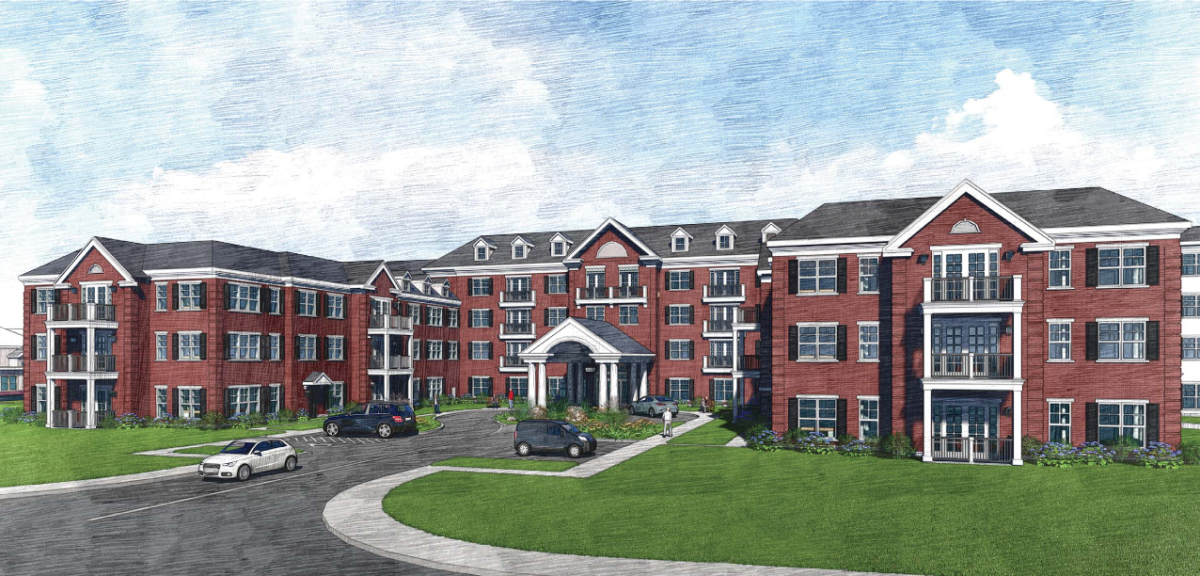As Connecticut”™s legislature reconvenes for a new session, Connecticut Business and Industry Association (CBIA) President and CEO Chris DiPentima is watching to see if lawmakers will acknowledge the state”™s population crisis and its impact on the workforce, which has about 110,000 vacancies to fill.

“Clearly, there”™s no magic bullet around the workforce issues,” he said. “And our communication over the past couple of weeks has been that this has needs to be the number one focus of this legislative session. We”™ve got to fill these jobs ”” otherwise, the demand eventually will just leave Connecticut. The customers will find new places to put that demand in other states and other countries.”
Part of the dilemma, according to DiPentima, is the rising cost of living in Connecticut. He feared the legislature will not be honest with the expensive nature of a Connecticut residency and the state”™s shrinking population, a situation that he defined as a problem long in the making.
“The real root cause is pre-pandemic,” explained. “It”™s the fact that our population didn”™t grow for about over a decade, since the 2009 recession. If you look at Connecticut”™s population, it”™s pretty much been stagnant. And then a certain amount retired out during those 10 years, and that reduces your pie, if you will.
“And then at the same time,” he continued, “we”™ve got about 80,000 people leaving the workforce to start their own businesses. We could have business starts, which is a good thing. But unfortunately, they leave the workforce pool, so now our workforce pool is smaller. But as we started to come through Covid, business demand has accelerated and our businesses are busier than they”™ve ever been, but we”™ve got a smaller workforce pool, one that shrunk by 5%, more significantly probably than anywhere else in the United States.”
As a result, he stressed, it was crucial for the legislature to focus on both business and individual tax relief.
“We need to make it more affordable for businesses, but we need those individuals to move to the state ”” we need to grow our population. Otherwise, we”™re going to continue with this workforce crisis,” he said.
DiPentima acknowledged 2022”™s status as an election year, coupled with a budgetary surplus, could add up to “a chance for business tax relief this year.” Yet he expressed disappointment that Gov. Ned Lamont did not emphasize business tax relief in his proposed budget, although he stated that proposals in the legislature on manufacturing tax relief and an apprentice tax credit were a good start in the right direction.
One potential turn that DiPentima did not savor was a resurgence of Covid cases through a new variant, which he believed would distract Hartford from putting its priority on strengthening the economy.
“Just less than two years ago, businesses shut down and we in the state and across the world saw the importance of the business community when people didn”™t have jobs,” he said. “But two years later, instead of focusing on helping them recover, we”™ve got 40-plus bills coming out a labor committee to make it even more challenging. If we go back into Covid, will our memories be short again? Or will we continue to think long term?
“If it happened,” he added, referring to a new Covid variant, “it would be concerning if it”™s a distraction. We”™ve got to keep our focus on getting our economy back and going. And that”™s a little bit of a longer-term focus, certainly.”





















